Tragedy, Conflict, and the Romantic Aesthetics of Infinite Freedom
“Tragedy, Conflict, and the Romantic Aesthetics of Infinite Freedom”: It may seem obvious that tragedy consists in conflict, yet this notion of tragedy is a thoroughly modern one, forged by German Romantics from 1760 to 1830. These German thinkers turned away from the notion of beauty and to the notion of the sublime in order to explain how we experience pleasure in observing the sufferings of others, and to explain the possibility of human freedom in light of scientific progress. In particular, the sublime was described as that which is immeasurable, infinite, which overpowers us, and renders our wills impotent. This experience of helplessness in the face of nature and society, however, enabled a new conceptualization of freedom: as the ability to resist nature and destiny. The new conception of freedom opened up by accounts of the tragic sublime led to the conceptualization of tragedy as a conflict between freedom and necessity. In tracing the development of the modern juxtaposition of tragedy, freedom, sublimity, and conflict, we will study excerpts from ancient works–such as those by Aristotle, Aeschylus, Sophocles, and Longinus–and modern ones, including work by Burke, Lessing, Schiller, Kant, Hölderlin, Schelling, and Hegel.

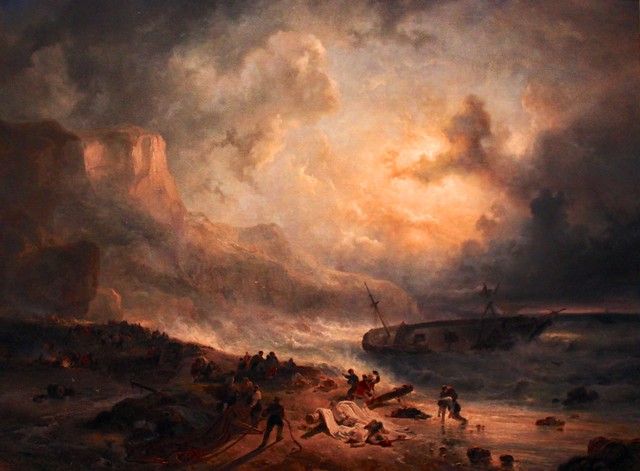
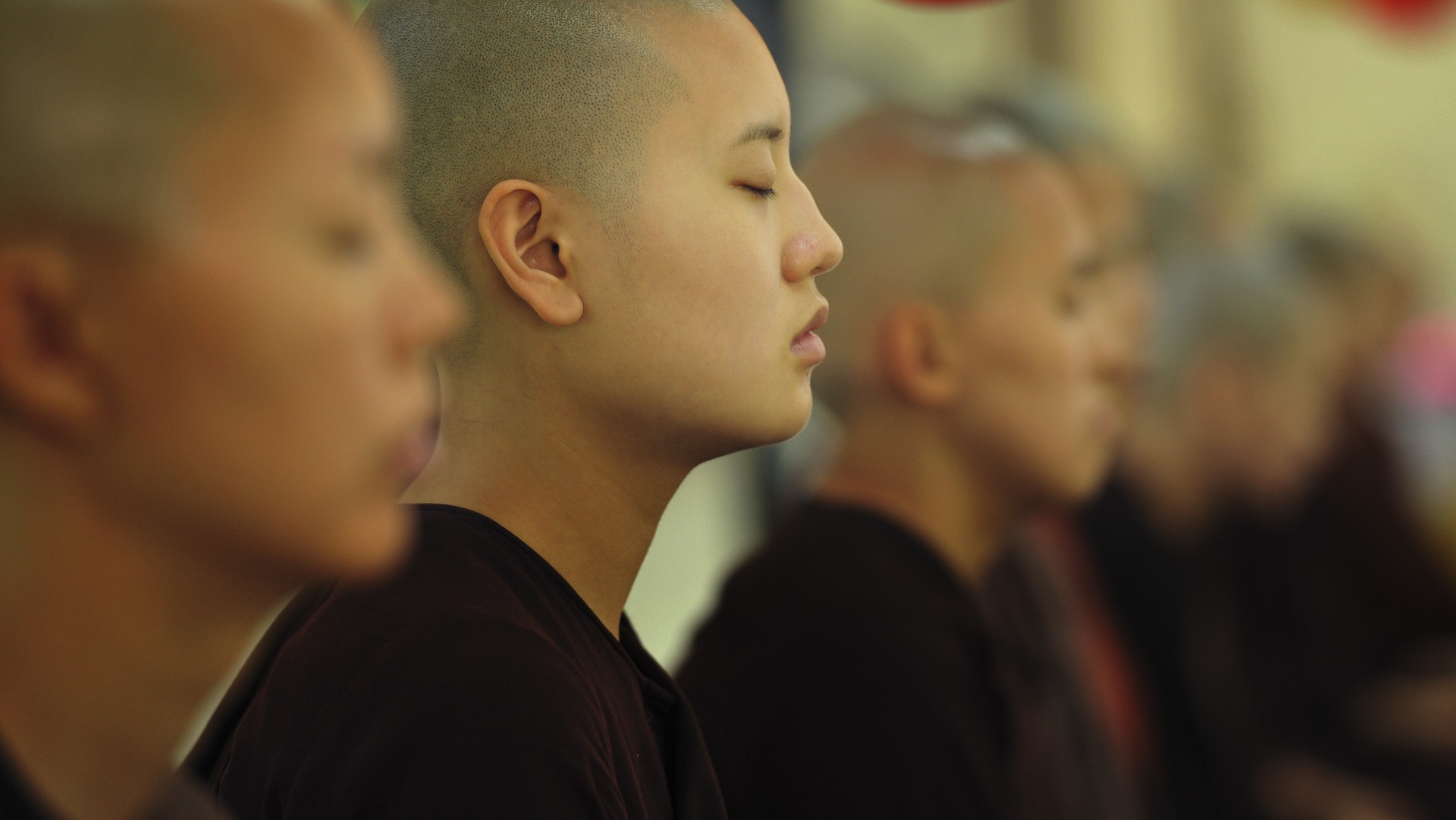
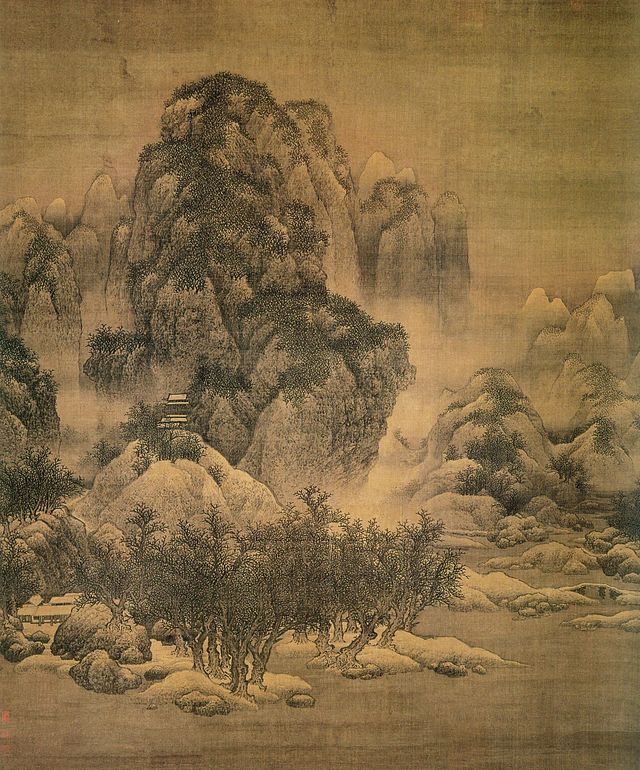
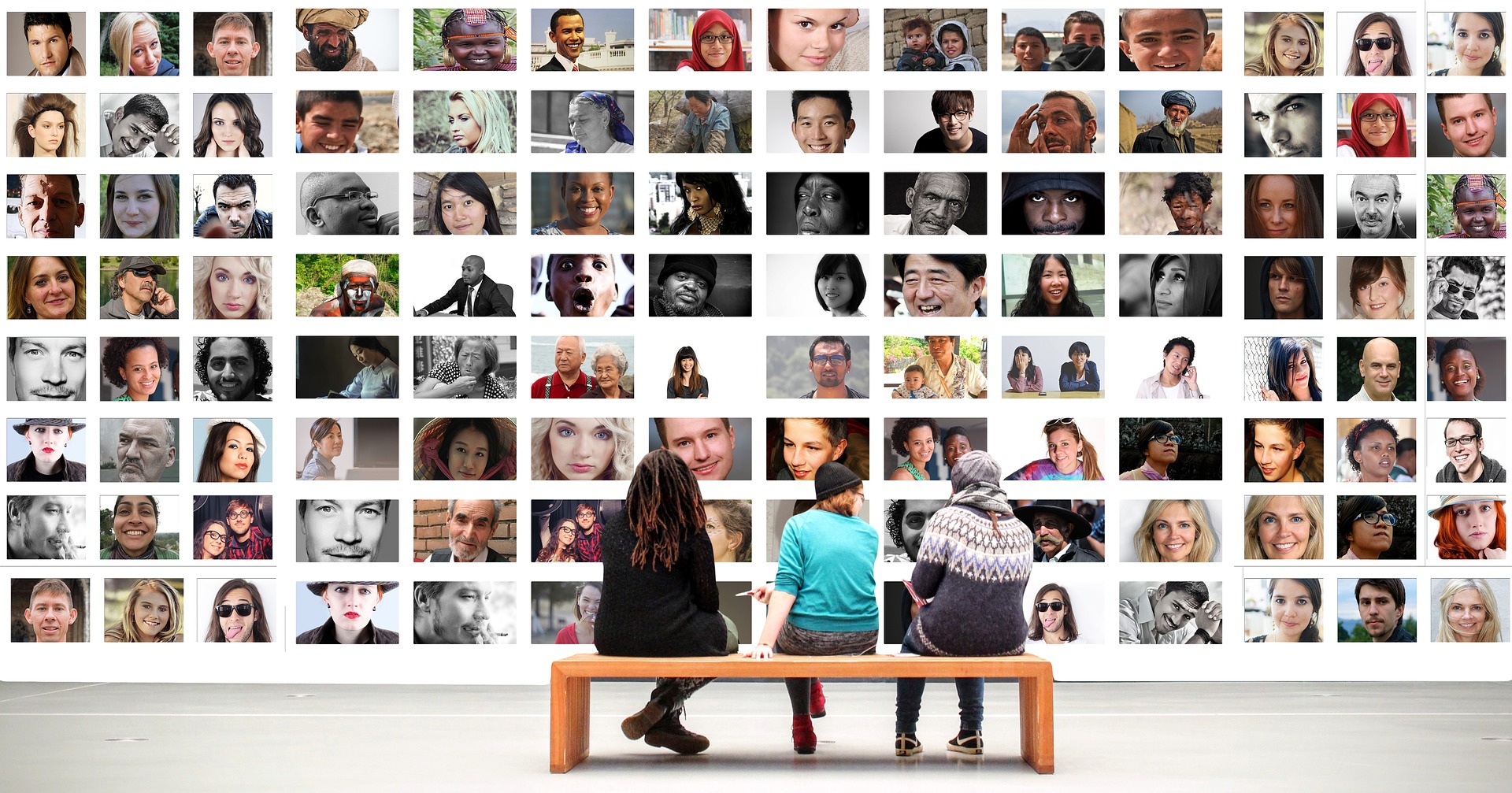
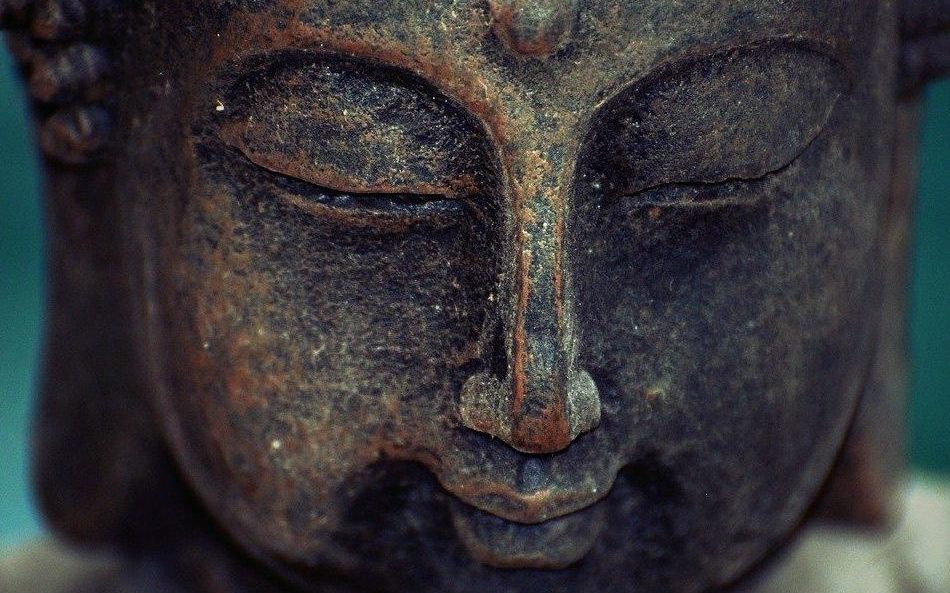
Reviews
There are no reviews yet.